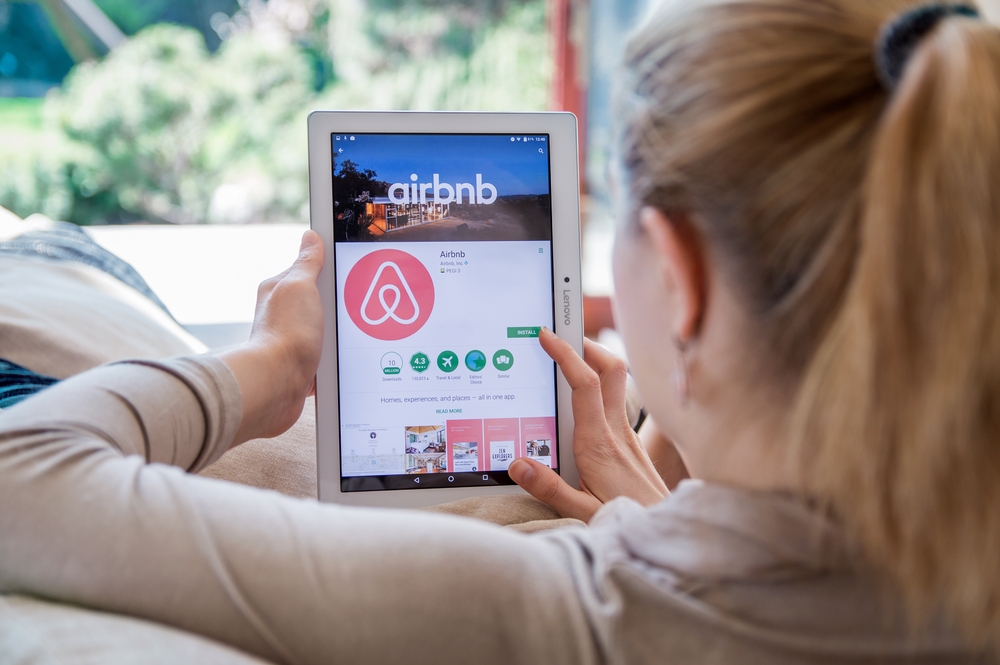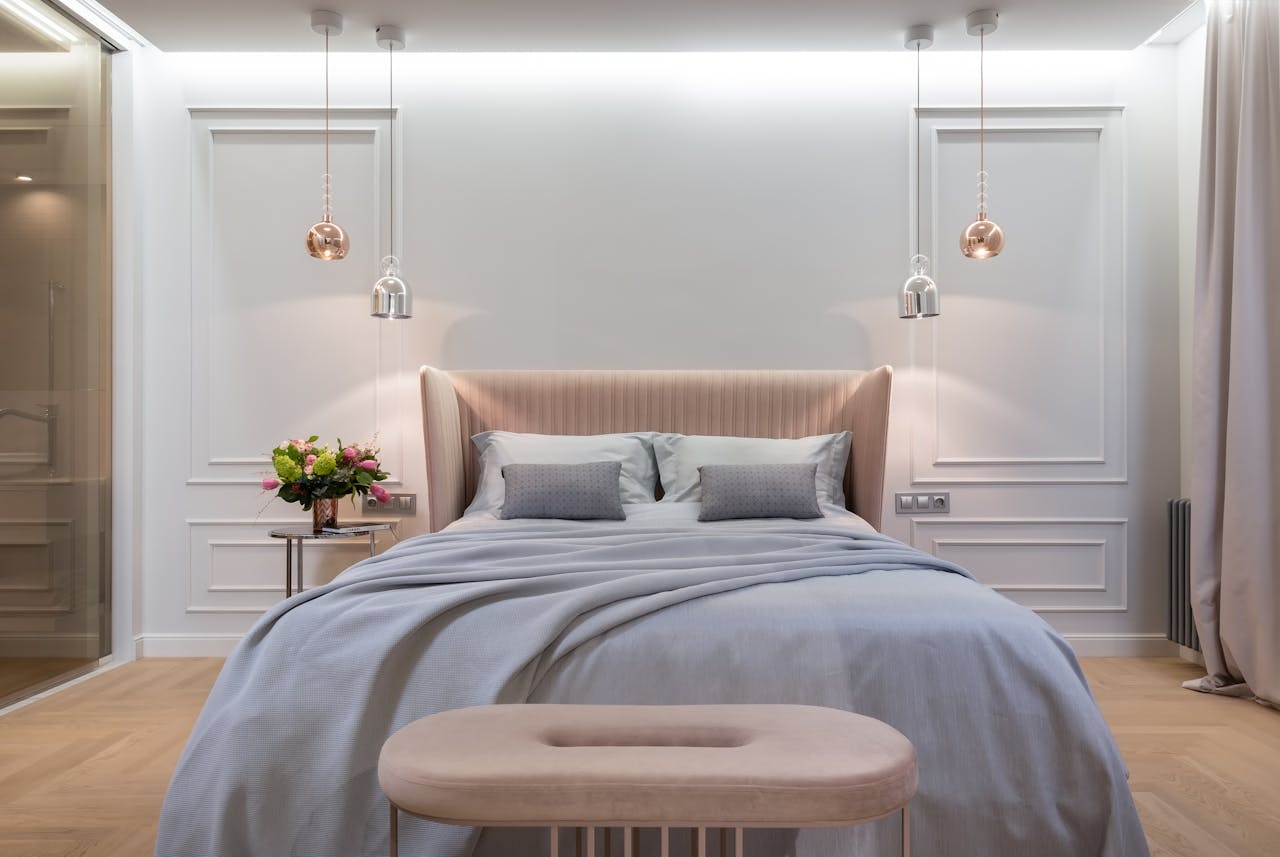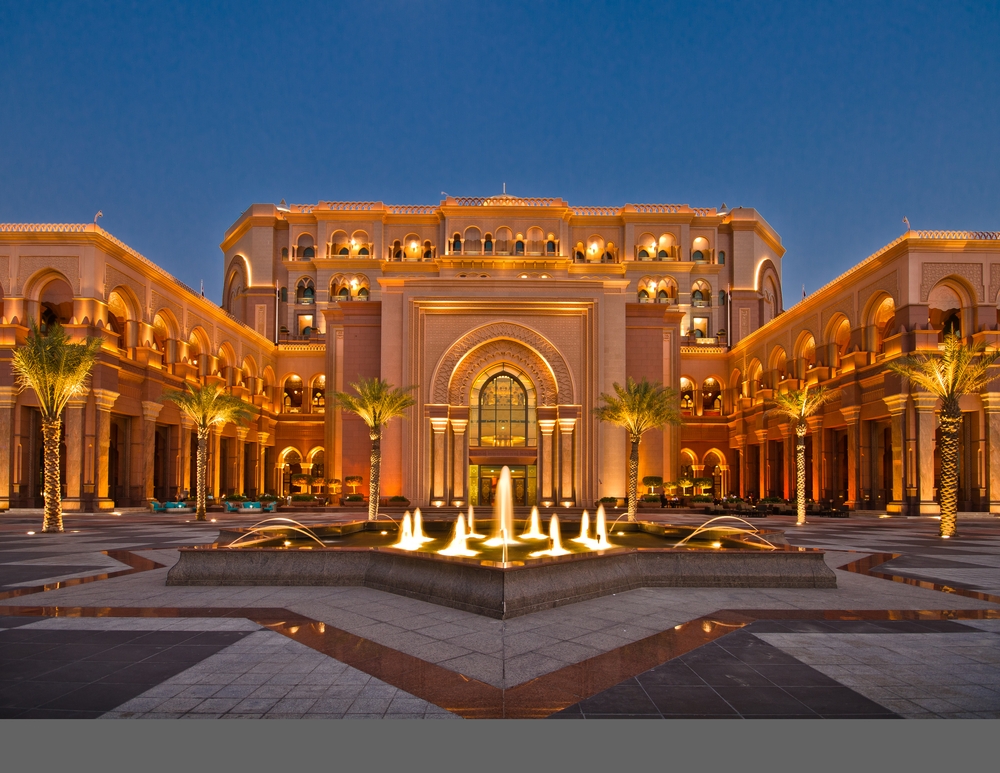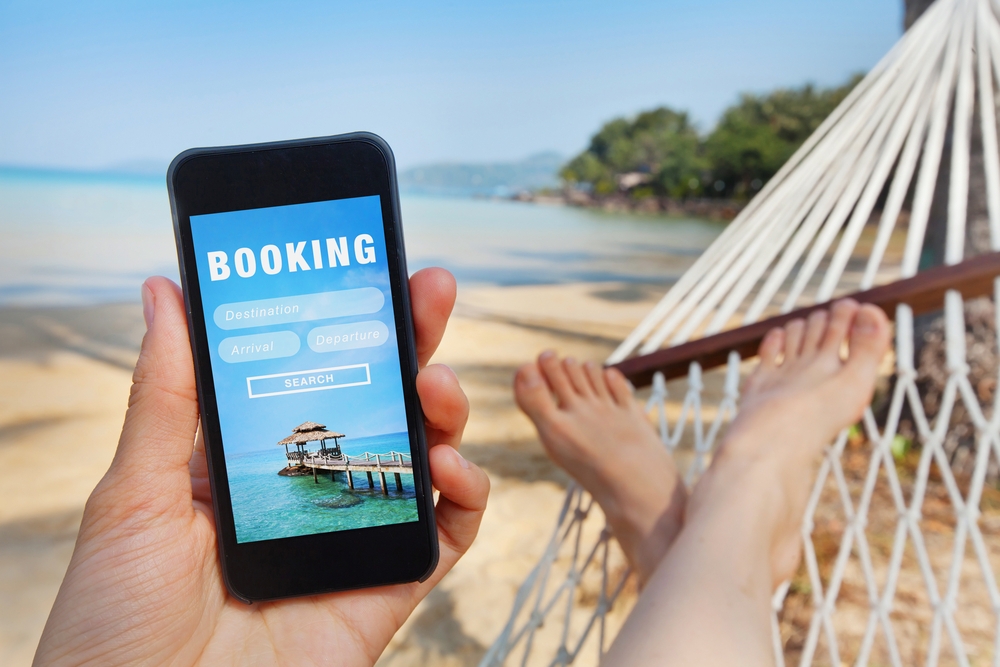Airbnb vs Hotel Industry: The Future of Hospitality
By Nikita Nielsen · 17. April 2024
In the ongoing debate of Airbnb versus hotel stays, what’s really up for grabs for travellers and the hospitality industry?
Let’s dive into the significant changes in pricing, options, and strategic moves instigated by Airbnb’s rise, as well as the countermeasures hotels are taking to stay in the game.
Highlights
- Airbnb’s entry as a sharing economy giant is pushing hotels to innovate, from enhancing service quality to introducing innovative digital features.
- With Airbnb’s vast array of choices and competitive pricing, travellers face a dilemma. In response, hotels are offering personalised experiences and leveraging data to stay ahead.
- The influence of Airbnb on local economies is complex, driving tourism in some areas while complicating issues like taxes and rental prices. Hotels are responding by focusing on sustainability and attracting eco-conscious guests.
The Tug-of-War between Airbnb and Hotels
 Airbnb vs Hotels
Airbnb vs Hotels
The entrance of Airbnb has certainly stirred up the hospitality industry, challenging the hotel sector with its diverse lodging options and often more attractive rates.
This has been a game-changer for many travellers who now have a plethora of accommodations right at their fingertips.
From quaint city apartments to luxurious countryside villas, Airbnb’s offerings are as diverse as the guests who use them.
This variety caters to a range of budgets and tastes, making it a go-to for many when planning their travels.
On the other side of the coin, hotels are actively stepping up their game, enhancing their services and embracing new technologies to keep up with Airbnb’s innovative approach.
Many hotels have started to reimagine their guest experiences, offering more than just a place to sleep.
The competition has led to a surge in creativity and adaptability in the hotel industry, with many hotels now offering various packages and experiences.
This includes partnerships with local attractions, special events, and even incorporating local culture into their design and services to enrich the traveller’s experience.
The Sharing Economy Shake-Up
Airbnb operates a platform where hosts can list their private accommodations for guests to rent, exemplifying the sharing economy model.
In what ways does this affect the traditional hotel industry?
Well, it has led to some hotels experiencing a loss in market share and reduced revenue, as Airbnb has gained the largest Airbnb market share in the industry.
This has forced hotels to reassess and adapt their strategies, marking a transformative period in the hospitality industry.
Airbnb has effectively blurred the lines between professional hospitality and community-based accommodation, leading to a shift in the way we perceive travel accommodations altogether.
Airbnb vs Hotel Room Rates
 Airbnb vs Hotels Price Rates
Airbnb vs Hotels Price Rates
We all know how hotel room prices skyrocket during peak travel times. That’s a common practice in the hotel industry – adjusting prices based on demand.
However, with more Airbnb listings popping up in high-cost cities and during peak travel times, hotels have had to adjust their prices to maintain competitiveness.
Still, Airbnb isn’t always the more economical option. While Airbnb can offer savings on extended stays and for larger parties, factors such as cleaning fees may make brief visits less economically efficient than hotel accommodations.
Inventory and Variety: More Rooms, More Choices
 Bedroom interior with bed near table under lamps
Bedroom interior with bed near table under lamps
Airbnb offers plenty of options – from shared rooms and private rooms to entire homes, offering many more choices for travellers.
The unique and varied amenities offered by Airbnb hosts sets them apart from the consistent and basic amenities offered by hotels.
The residential-style amenities of Airbnb, including multiple bedrooms, kitchens, and laundry facilities, often attracts families and larger groups.
Its diverse selection and generally lower price points make it particularly appealing to families needing extra space.
How Hotels Counter Airbnb’s Growth
 stunning view of hotel emirates
stunning view of hotel emirates
However, the hotel industry is far from waving the white flag. Instead, they’re strategizing to counter Airbnb’s growth.
From enhancing guest experiences to utilising technological advancements, hotels are determined to reclaim their position and reclaim their market share.
Hotels are targeting specific needs such as location, accessibility, and features pertinent to personalization, shorter stays, and family trips – to differentiate themselves from Airbnb.
They’re also implementing regulations to maintain competitiveness and prioritising guest safety and quality experiences.
Embracing Technology: Hotel Mobile Apps and Online Presence
 hotel booking app
hotel booking app
Hotels are now integrating mobile apps and refining their social media strategies.
Imagine walking into a hotel where your smartphone has the key to your room and a simple voice command sets the perfect room temperature.
But hotels are going beyond just mobile apps. They are strategically refining their social media presence on platforms like Facebook, Instagram, and Twitter to highlight their unique guest experiences.
Their goal is to engage with past and potential guests to drive bookings and compete with Airbnb.
Personalising the Stay: Common Spaces and Unique Experiences
The secret to competing with Airbnb? Personalisation. Hotels are providing unique offerings and efficient designs to compete with Airbnb’s personalised stays.
Some examples include:
- Offering hypoallergenic amenities
- Creating customised welcome packages
- Offering personalised recommendations for local attractions and restaurants
Hotels actively offer a unique guest experience in their rooms, including top-notch room service, to boost their hotel profitability further.
Their focus on elevating the guest experience is driving up hotel bookings and increasing overall revenue.
Moreover, hotels are increasingly focusing on sustainability, offering guests experiences that are not only locally inspired but also environmentally conscious.
They’re gathering data to craft personalised promotions and develop marketing campaigns that truly engage guests and foster loyalty.
Lastly, hotels emphasise the human element of the hospitality experience, focusing on effective and appropriate interaction between staff and guests.
Airbnb’s Impact on Tourism and Local Economies
With over 4 million listings worldwide, Airbnb is not just giving hotels a run for their money, but also changing the dynamics of local tourism and economies.
However, the rise of Airbnb has also led to inconsistent tax payments to local governments and disruptions to local zoning laws.
Boosting Local Tourism: Airbnb’s Role
Airbnb is seen as a key player in boosting local tourism, making travel more accessible and supporting local economies and communities.
By partnering with cities during major events, Airbnb is spreading the economic benefits of tourism, supporting local economies, and providing more economical accommodation choices.
What do Airbnb and Hotel Guests Want?
What do guests really want from their accommodation? While Airbnb guests often seek authentic, locally-immersive experiences, hotel patrons prioritise quality amenities and professional service.
Keep in mind, these preferences can vary significantly based on the traveller’s profile.
For example, a business traveller’s needs and wants might differ from those of a family on vacation.
Seeking Authenticity: The Allure of Airbnb
For travellers seeking to dive into the local culture and engage with the community, Airbnb provides a platform to do just that.
Staying with Airbnb hosts often feels like becoming part of a local family, enhancing the authenticity of the travel experience.
Moreover, the design of Airbnb rentals often caters to the Instagram generation, making them photogenic and share-worthy.
The Business Traveler’s Choice: Convenience or Comfort?
Business travellers, on the other hand, often prioritise hotel stays because of the traditional amenities, such as easy access, safety standards and professional service.
But the proximity to work-related locations and the personalization of the travel experience that Airbnb offers makes it a preferred choice for some business travellers.
For group business travel, Airbnb is seen as a suitable option, offering more space, communal areas, and a chance to experience the local area more authentically.
So, the choice between Airbnb and hotels often comes down to the traveller’s specific needs and preferences.
Future Trends Shaping Airbnb and Hotels
As we gaze into the crystal ball of the future of hospitality, two key trends emerge – sustainability and technology.
The growing consciousness about our planet’s health is influencing the hospitality industry to adopt eco-friendly practices, while advancements in technology are reshaping the guest experience.
Let’s delve into these trends with more depth.
Sustainability and Eco-Friendly Options
The tourism industry accounts for about 5% of global greenhouse gas emissions, so the need for the hotel and hospitality industry to adopt eco-friendly🌱 practices is more urgent than ever.
Hotel chains are implementing water-saving measures, energy-saving initiatives, and integrating sustainable elements in their properties.
The Integration of AI and Smart Technology
The future of hospitality also promises a widespread integration of AI and smart technology.
Hotels are implementing AI and robotics to automate services and improve guest comfort.
From using robots to using voice assistants for making service requests, technology is redefining the hospitality experience.
The integration of AI and smart technology in hospitality will only continue to evolve, offering more efficiency and personalization.
Summary
The hospitality industry is evolving in many ways, and both Airbnb and hotels are trying to outdo each other.
Airbnb brings a fresh breath of air with its variety and community feel, while hotels are upgrading with new tech and personalised experiences.
Looking ahead, we’re seeing a trend where sustainability🌱 and technology📱 are key players in the hospitality industry’s future.
Frequently Asked Questions
How has Airbnb affected the hotel industry?
The entry of Airbnb into the hospitality industry has led to a downturn in labour demand within the hotel industry, resulting in job losses and a reduction in earnings for hotel employees. This explains why the hotel industry is feeling the competitive pressure from Airbnb’s growing popularity.
What is the competitive advantage of Airbnb over hotels?
Airbnb’s competitive advantage over hotels lies in its offering of unique, personalised, and community-oriented travel experiences by renting out rooms in residents’ homes or larger properties like villas and houses, in contrast to standard hotel rooms.
Is Airbnb more popular than hotels?
While Airbnb may have over 150 million users worldwide, hotels still accommodate around 1 billion guests per year, showing they remain a popular choice for accommodation.
What is the impact of Airbnb on local tourism?
Airbnb’s impact on local tourism is both beneficial and challenging. It offers affordable accommodations and supports the local economy, but it can also drive up property values and pose tax fairness concerns.

